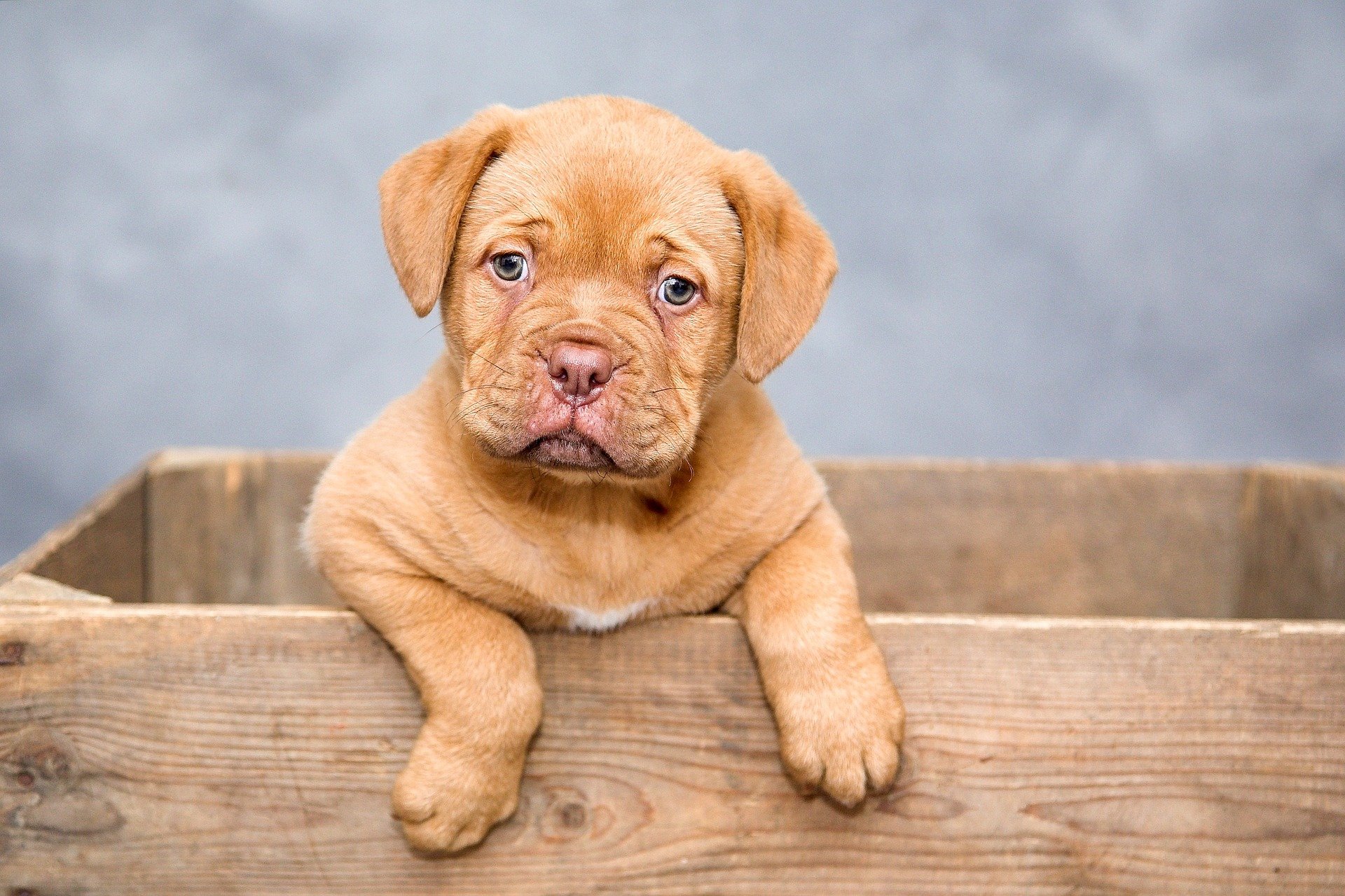
Are there health risks with barbecue? If you’re unsure, here are a few things to keep in mind. First, avoid giving your puppy any bone eyes from the grill. You can buy dog-friendly chew bones for your pup, but avoid giving them the eyes of a cooked bone. Although cats can digest raw bones, they cannot tolerate the taste of cooked bones. For this reason, it is not a good idea to offer bones to your puppy.
Sugar in barbecue sauce
While some owners think barbecue sauce is harmless for dogs, this is not the case. It can cause diarrhea, vomiting, and kidney damage in some dogs. However, some types of barbecue sauce contain sugar and are harmful to puppies. To prevent this, avoid giving barbecue sauce to your dog. Instead, make your own barbecue sauce and use plain tomato paste. Puree can be substituted for tomato sauce if you don’t have the time or the patience to make your own.
Many contemporary BBQ sauces are packed with sugar, which can harm a puppy’s digestive system. In high amounts, sugar can cause dental problems, weight gain, and even diabetes. Distilled vinegar, however, is harmless to dogs and is good for the digestive system. It contains magnesium, potassium, and iron and is also beneficial for the immune system. Another common BBQ sauce base is mayonnaise. As long as the mayonnaise isn’t too sweet, it’s safe for puppies.
Some sugar-free barbecue sauces contain xylitol, which is toxic for dogs and can cause seizures. In addition, sugar can make puppies vomit and have diarrhea. Sugar and salt in barbecue sauces are also detrimental to dogs’ blood pressure. Salt also causes dehydration and can cause other health problems, including diabetes and obesity. Moreover, sodium can contribute to hypertension and even heart attack in dogs. But it’s best to avoid giving barbecue sauce to puppies altogether.
Caffeine toxicity
If your puppy has consumed caffeine from the barbecue or from a coffee cup, he or she may develop clinical signs of toxicity within 30 to 60 minutes. These symptoms include agitation, restlessness, and hyperactivity. Your puppy may also vomit, show tremors, and become restless. If these symptoms do not occur within the time frame, contact a veterinarian as soon as possible. Treatment options for a puppy with caffeine toxicity vary widely.
The amount of caffeine in coffee, tea, and chocolate drinks will cause varying degrees of toxicity in puppies. Fortunately, decaffeinated versions of these drinks are not toxic to puppies. While decaf versions of these drinks are available, they do cause adverse side effects. Always remember to serve fresh water instead of coffee or tea to your pet. This way, your puppy will be able to get the caffeine it needs without risking kidney damage.
Chocolate is a popular treat at the end of a barbecue. While it is delicious, chocolate is actually a big no-no for puppies. It contains theobromine and caffeine, two substances that may harm your puppy’s heart and nervous system. The amount of chocolate your puppy eats will affect its toxicity, as will the weight of its body. The most toxic chocolate for puppies is cocoa powder.
Onions
One of the biggest questions people ask is, “Can barbecue harm puppies?” There are several foods you should avoid serving your pup during your outdoor cookout. These foods contain a toxin called N-propyl disulfide, which is harmful to dogs. Onions are a common burger topping, but they’re actually toxic to dogs. Affected dogs will show symptoms of dehydration, weakness, and dark urine. Also, avoid serving onions or other foods in the capsicum family.
Another common ingredient to avoid serving to your dog is barbecue sauce. There are many toxins found in barbecue sauces, and dogs are especially sensitive to sugars and acidity. Also, smoking your food exposes your dog to carcinogenic chemicals. Spicy food is particularly harmful to your dog, as it can cause diarrhea and vomiting. So, be sure to supervise your puppy when they eat barbecue sauce. It’s not worth risking their health for an occasional taste, but you can avoid causing stomach upset by limiting their intake of spicy foods.
Onions and garlic are bad for dogs. These foods can cause vomiting, diarrhea, and gastrointestinal upset. If your puppy gets ill, you should consult a veterinarian immediately. Garlic is also toxic to dogs, and some people assume that they can’t get enough of it. Onions and garlic are used to make barbecue sauces more palatable for dogs, but they can cause serious stomach upsets. Always avoid giving your puppy barbecue sauce with onions, because they are toxic for dogs.
Garlic
Can barbecue harm puppies? YES, it can. Certain ingredients contained in BBQs are toxic to dogs. Onions and garlic are particularly toxic and cause stomach upset in dogs. Onion and garlic are also toxic to dogs and cause anemia and gastrointestinal irritation. Symptoms include abdominal pain and vomiting. Seek medical advice if you notice these symptoms. Here are some warning signs your puppy should avoid. The allium family includes onions, garlic, leeks, chives, and shallots.
Salt is toxic to pets. Sodium-ion poisoning can cause vomiting and diarrhea. You should also rinse meat scraps before feeding them. Avocado, grapes, chocolate, garlic, chives, and raw eggs can be toxic to puppies. Alcohol should be kept out of reach of your pup. Also, avoid bringing your dog to a barbeque. Lastly, keep all garbage away from your puppy, including any leftovers, for fear they will eat them.
Spicy foods can cause digestive problems in dogs. Yeast infections, pancreatitis, and diarrhea are common among dogs that ingest barbecue sauce. If your dog is near you while you’re eating barbecue, they could lick the sauce and get into your mouth. While you’ll probably want to keep your pup away from the BBQ area, you may not realize that the sauce contains too much sugar. If your dog eats too much barbecue, it may lead to blood sugar problems.
Cooked bones
If you are planning to grill some meat, you must avoid giving your puppy any bones from the barbecue. This is because cooked bones are much more likely to break and contain sharp shards that could harm your puppy’s digestive system. Although it is possible for small pieces of bones to dissolve in the dog’s stomach, large chunks of bone could be harmful. So, always keep a close eye on the meat you prepare and make sure that the bones are properly cooked.
As you prepare the food, remember to remove all bones from the grill before serving it to your puppy. Dogs have a more powerful jaw than humans do, and cooked bones can be very sharp. These splinters can penetrate internal organs and cause serious injuries. Often, bones can get lodged in your puppy’s esophagus, which can cause choking. If swallowed, they can also puncture the stomach and intestines, causing internal bleeding. In more severe cases, dogs can die from the infection.
Even if your dog has eaten the bones of a pork roast from the table, the bone may cause your puppy harm. If you do happen to splinter the bone, you can endanger your dog’s health by giving it a piece. Smoked ham bones can be even worse, as they are very hard and may cause internal bleeding. As long as your dog isn’t eating bones from pigs, it is a good idea to leave them off your barbecue.
Alcohol toxicity
Although it may seem dangerous, alcohol toxicity in puppies is actually not as common as you might think. Dogs are not innately drawn to alcoholic beverages. Rather, the issue is the level of alcohol. Hard liquor, for example, has a much higher alcohol content than lite beer. Another variable in alcohol toxicity is the weight of the dog. Small breeds like puppies are generally less susceptible to alcohol toxicity than large ones.
Despite their popularity, beer and wine are not good for puppies. Even in small amounts, ethanol can cause dizziness and a wobbly state of mind in dogs. This is because dogs are much smaller than humans. The effect can be more serious if a dog drinks a large amount of beer. However, there are some clever ways to make your puppy drink beer safely. You can avoid this situation entirely by brewing your own beer and serving it to your pet as a treat.
Aside from alcohol, food left over from barbecue parties can also be dangerous for dogs. Sharp skewers and discarded food can injure a dog if they accidentally ingest them. You can try the Heimlich maneuver and take the dog to the vet if you think he or she has ingested something dangerous. Other harmful food items to avoid include avocado, grapes, chocolate, garlic, chives, and raw eggs. Also, make sure that all containers you use to clean up are locked.
Grilling tools
While grilling is an essential part of any backyard barbecue, the tools and accessories used on the grill are toxic to puppies and dogs. They may ingest hot coals and ash and get seriously injured or even die. Keep all grilling tools out of reach. Grilling tools like long forks, meat thermometers, metal skewers, plastic wrap, and aluminum foil are out of the reach of puppies and dogs. In addition, barbecue seasonings and rubs may contain harmful ingredients such as garlic and onions, which are highly toxic to pets.
Using grills poses multiple hazards to your pet. Besides burns, pets can be burned, suffer eye trauma, and ingest grilling tools. The National Fire Prevention Association recommends keeping grills at least three feet away from dogs. Additionally, keep grilling tools and charcoal fluid out of reach. They are toxic to pets if ingested. If your puppy or dog gets burned by a barbecue, take him to the veterinarian immediately for a checkup.
While pineapple and barbecue grills are common during the summer, there are risks associated with using them around puppies. Unlike humans, dogs are allergic to pineapple and its central core. This can cause an intestinal blockage that can require hospitalization and even surgery. Surgery is also not always an option. Some plants, like pineapple, can be deadly for pets. Using a grill can result in anemia, so keep these things out of reach of puppies.
Source of information: https://www.puppyheaven.com/






